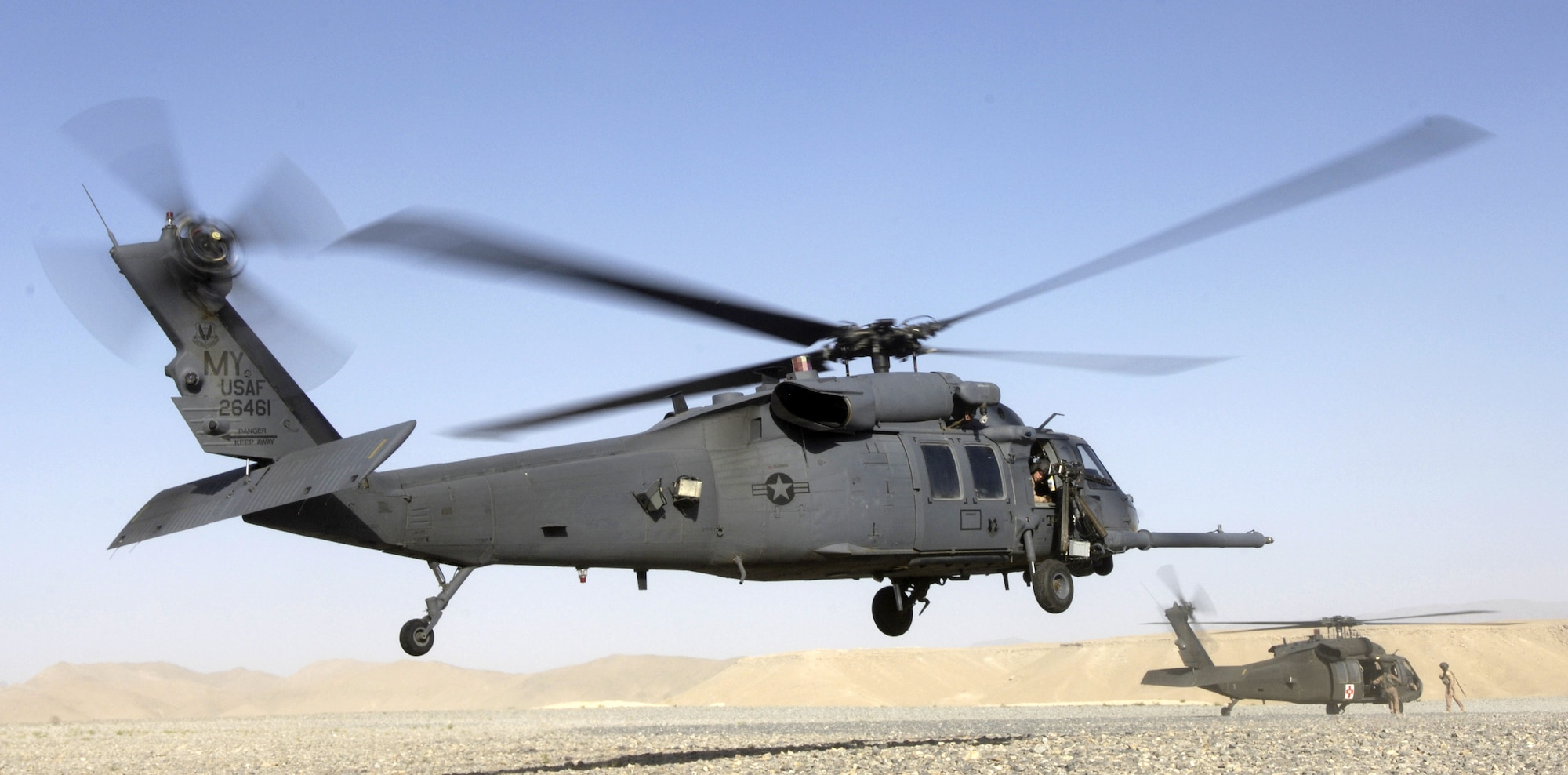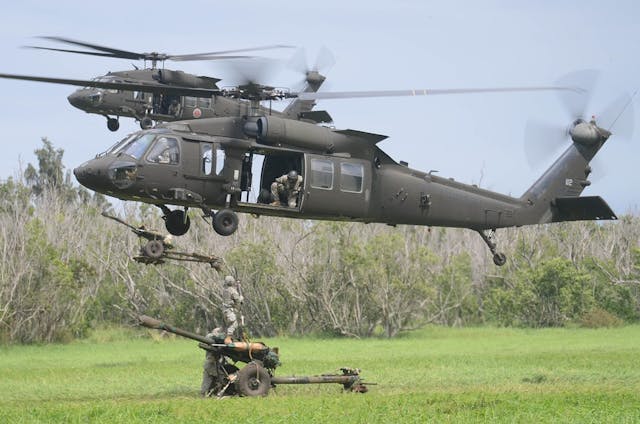The Function of Aircraft in Shaping International Transportation and Trade Characteristics
The advancement of aircraft has actually indelibly changed global transport and profession dynamics, promoting unmatched levels of connection and effectiveness. Through the facility of robust air freight networks, businesses can currently navigate global markets with exceptional speed and dexterity, thus redefining supply chain approaches. Nevertheless, this transformation is not without its obstacles, as the air travel sector comes to grips with sustainability problems and regulative stress. As we discover the complex impacts of airplane on global profession, it is vital to take into consideration how these variables will form the future landscape of aviation and its function in the economic situation.

Evolution of Air Transportation
The advancement of air transportation has actually been marked by significant technical advancements and technologies that have changed the method individuals and items relocate throughout the globe. From the Wright bros' first powered trip in 1903 to the development of supersonic jets, each landmark has highlighted the relentless quest of efficiency and speed in flight. Early aircraft were largely simple, restricted by engine power and structural honesty. The intro of sophisticated products and the rules of aerodynamics in the mid-20th century led to substantial improvements in aircraft efficiency, safety and security, and reliability.
The latter part of the 20th century saw the development of industrial aviation as a practical mode of transport, characterized by the intro of jet engines, which changed air travel by significantly minimizing flight times. Furthermore, developments in navigation and communication technologies have actually boosted operational performance and security, permitting even more complicated flight courses and timetables. The increase of air freight in parallel with passenger solutions has even more underscored the convenience of aeronautics. As we seek to the future, emerging modern technologies such as electrical and self-governing airplane guarantee to redefine the air transport landscape, making sure continued evolution and adjustment to global needs.
Effect On Global Trade
Air transport has greatly improved global profession by facilitating the swift motion of items across huge distances. This expedited logistics capacity permits businesses to respond rapidly to market demands, therefore enhancing supply chain performance. The ability to deliver perishable products, high-value things, and time-sensitive products has opened up brand-new markets and chances for numerous industries, considerably affecting profession patterns.
Furthermore, the advancement of air freight networks has promoted globalization, enabling companies to resource products and items from various components of the globe perfectly. This interconnectedness minimizes preparations and prices, allowing companies to continue to be competitive in a progressively international industry. Additionally, air transport plays a critical role in shopping, where customer assumptions for rapid shipment have driven a surge sought after for air cargo services.
The effect of aircraft on international trade reaches the development of tactical trade paths, linking regions and helping with international collaborations. Nations that purchase air transportation framework often experience improved financial development and raised foreign direct financial investment. Generally, the advancement of air transport has not just transformed the logistics landscape however has likewise end up being an important component in the dynamics of global profession.

Economic Advantages of Air Travel
A robust aviation field generates considerable economic advantages, contributing to job production, tourist, and overall financial development - uh 60. The aviation sector supports numerous jobs globally, varying from direct work in airline companies and airports to indirect functions in fields such as hospitality, transportation, and logistics. According to market reports, for every single job in the aeronautics industry, approximately 3.5 added jobs are developed in the broader economic situation
Tourism is a crucial aspect of the financial benefits derived from air travel. Air travel assists in international tourist, allowing tourists to discover diverse locations, which in turn promotes local economic climates. Nations that invest in their air travel infrastructure typically experience increased vacationer arrivals, causing greater costs on solutions such as attractions, restaurants, and hotels.

Moreover, aviation boosts international connection, enabling companies to access new markets and sources successfully. This connection fosters global profession, enabling the quick motion of goods, which is vital additional resources in today's globalized economic climate. Because of this, sectors such as e-commerce and manufacturing benefit greatly from trusted air transport, additional driving economic expansion. Generally, the aviation field stays a foundation of financial vigor, emphasizing its indispensable role in forming modern-day economic climates.
Challenges Facing the Aviation Sector
Browsing a complicated landscape of regulative, environmental, and economic challenges, the aeronautics industry deals with significant hurdles that intimidate its sustainability and development. Rules bordering safety and security are continuously evolving, requiring recurring compliance and adjustment from producers and airline companies (uh 60). This can bring about increased operational expenses and resource appropriation that detracts from technology and development efforts
In addition, ecological problems have actually become extremely important, with growing scrutiny over carbon discharges and environmental pollution. The market is under stress to embrace greener techniques and innovations, which usually need substantial financial investment in research and growth. Balancing these ecological responsibilities with the demand for air traveling provides a considerable obstacle.
Economic variations, such as rising gas prices and geopolitical uncertainties, further make complex the landscape. Airlines frequently come to grips with unpredictable operating expense and changing traveler demand, which can affect earnings and long-term planning. Labor shortages and skill gaps in crucial areas include an additional layer of intricacy, hindering operational performance.
Ultimately, dealing with these multifaceted obstacles is essential for the aeronautics market to keep its pivotal role in worldwide transport and trade, while guaranteeing durability and flexibility in a progressively open market.
Future Trends in Air Travel
Moving and emerging modern technologies consumer preferences are poised to reshape the future of flight dramatically. The assimilation of artificial intelligence and artificial intelligence is anticipated to boost functional effectiveness, improve airport terminal processes, and boost customer care. Anticipating analytics will facilitate extra precise demand forecasting, permitting airline companies to maximize trip timetables and rates versions.
Sustainability is coming to be an visit the website essential vehicle driver in air traveling, with the air travel market increasingly concentrated on reducing carbon emissions. Developments in aircraft layout, such as hybrid and electrical propulsion systems, are being checked out to meet environmental targets. In addition, the fostering of lasting aviation gas (SAFs) is expected to play a vital role in accomplishing net-zero discharges by 2050.
Customer choices are changing towards individualized travel experiences. Airlines are spending in sophisticated data analytics to customize solutions and enhance customer engagement, guaranteeing a much more customized trip from reserving to arrival. Additionally, the this hyperlink surge of remote job might bring about enhanced demand for recreation travel, as people look for to incorporate work and holiday.
Verdict
The advancement of air transport has transformed international profession, generating considerable financial benefits while additionally presenting obstacles that require tactical administration. The recurring adjustment of the aviation market will be necessary for sustaining its payments to the worldwide economic situation.
The last component of the 20th century witnessed the development of industrial air travel as a feasible setting of transportation, defined by the intro of jet engines, which reinvented air traveling by substantially reducing flight times. The rise of air freight in parallel with traveler solutions has actually further highlighted the versatility of aeronautics. Furthermore, air transportation plays an important role in e-commerce, where consumer assumptions for quick distribution have driven a surge in demand for air products services.
Generally, the evolution of air transportation has not just transformed the logistics landscape yet has likewise come to be an important component in the dynamics of worldwide trade.
Sustainability is becoming a key driver in air traveling, with the air travel sector increasingly concentrated on decreasing carbon emissions.